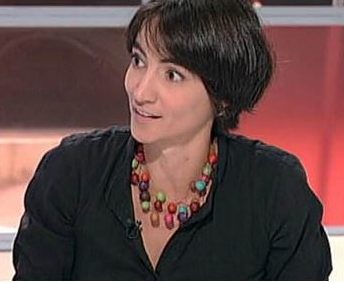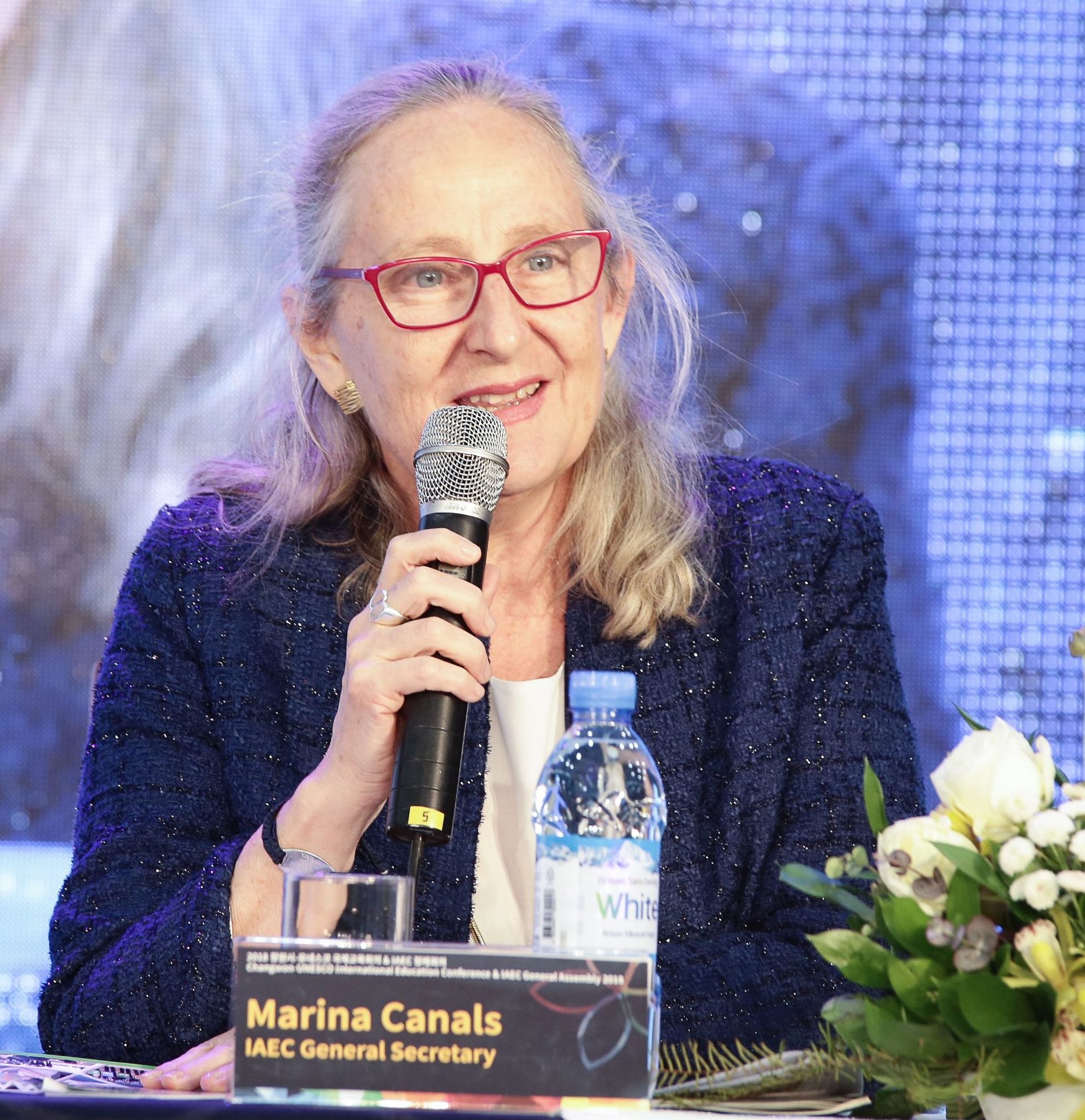
Thirty years have passed since the First International Congress of Educating Cities, in which a group of cities took on the double challenge of placing education at the heart of urban policies and doing so by involving the widest diversity of actors, times and spaces within the city in this education. This year’s slogan: “30 years transforming peple and cities for a better world”, evokes the road travelled thus far and invites us to continue defining the next stage of the journey.
Despite the exceptional context and difficulties we are facing due to the COVID-19 pandemic, we want to celebrate this important date accordingly. We invite all the cities that have accompanied us on this journey to reflect on the present and future of our mission: What does the concept of the educating city — which 30 years ago was so innovative and stimulating —mean today? What have we already achieved and what are the challenges that will shape the agenda for the future? Which actions will define the policies for a new educating city from this point forwards?
We believe that the crisis of the traditional education model upon which the concept of the educating city was founded is still as relevant today as it was in 1990, and that it is necessary to deepen the transformation of education in cities on the basis of three principles: an education located in educational neighbourhoods, within their territorial ecosystem; politically oriented towards equity, non-segregation and a real equality of life-long and life-wide learning opportunities; and linked to a network of actors (facilities, services, entities, projects…) that are connected in order to diagnose and face shared needs and problems, as well as devise collective solutions, together.
Making a virtue of necessity, we believe that the challenges, conflicts and tensions generated by the management of COVID-19 can contribute to rethinking the limits and boundaries of the various kinds of education that take place in the city today, as well as their possible intersections, interactions and possibilities for co-creation: schools that hold classes in parks or cultural facilities; museums and libraries that host school activities, renew their educational programmes and engage in the challenge to fill children’s “cultural backpacks”; teachers who are present in homes through computer applications, or school communities that take ownership of their school’s urban environment, reclaim it and contribute to its improvement. New links and practices have been created that blur and permeabilise the boundaries between education inside and outside the school; let’s take advantage of them to materialise the experiences of the educating city, starting from the neighbourhoods.
Renewing our commitment to the Charter of Educating Cities in this moment implies (re)thinking about the educating city in this terrain, which today we see as even more fertile for forging partnerships. We extend this invitation for reflection and joint work to the diversity of actors that break compartmentalised logics in favour of educating cities and neighbourhoods, territories of educational and cultural opportunities. Contributing to improving the world by transforming people and cities has never been an easy task. It requires continuing the collective effort which, even after 30 years, is still as exciting and is more crucial than ever, to co-create educating cities that make a commitment to learning and caring for lives that are worth living and being shared.
Maria Truñó
Chairwoman of the International Association of Educating Cities
(Picture: RTVE)
This year’s International Day of the Educating City coincides with the 30th anniversary of the proclamation of our Charter. With this in mind, the slogan chosen for this edition is: “30 years transforming people and cities for a better world”.

This is a time to take stock of the years gone by, the lessons learnt and the changes achieved. It is also a good moment to re-read the Charter and revise it, by way of a participatory approach, so that it continues to be a document of reference and inspiration that helps us in our daily work.
Over the course of these years, the Charter, like our cities, has undergone changes, but at the same time, the values enshrined within it, such as inclusion, respect, peaceful coexistence, dialogue, defence of the public sphere, and the endeavour to build better cities through education, have remained intact.
Today, the Charter enjoys great consensus and prestige, but it is precisely the cities, committed to its principles, that deserve this recognition for spearheading the changes and achievements accomplished in favour of a better future.
We started out with a model of city and a vision of education, which was — for some — utopian, but the road travelled and the transformations achieved in the more than 500 cities that form part of the Association today have not been the result of chance, but of the work, effort, dedication and enthusiasm of many people who are convinced of the transformative power of education.
Thirty years have truly gone a long way in developing ideas and implementing exciting and inspiring projects, characterised by a style of their own and working as a network, which are now well-established and sit at the heart of Educating Cities.
Congratulations on the work done so far, let’s keep moving forward!
Marina Canals Ramoneda
General Secretary of the International Association of Educating Cities
(Picture: Changwon)